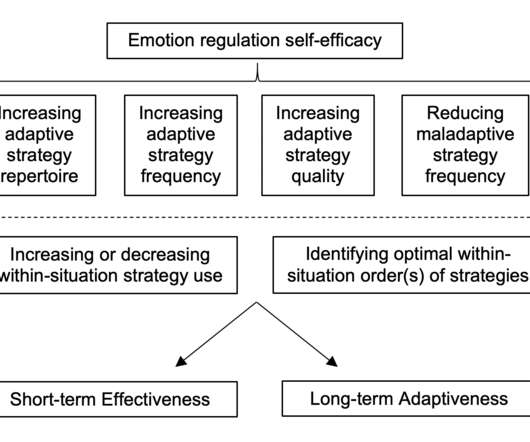Technology and the future of cognitive-behavioral interventions
Society of Clinical Psychology
FEBRUARY 18, 2020
Our field has accumulated a lot of empirical support for the use of cognitive behavioral therapy (CBT) in treating a wide range of mental and behavioral health problems. That said, I-CBT is already becoming antiquated as the ubiquity and convenience of smartphones take hold. Smartphones are now owned by 81% of adults in the U.S.,






















Let's personalize your content